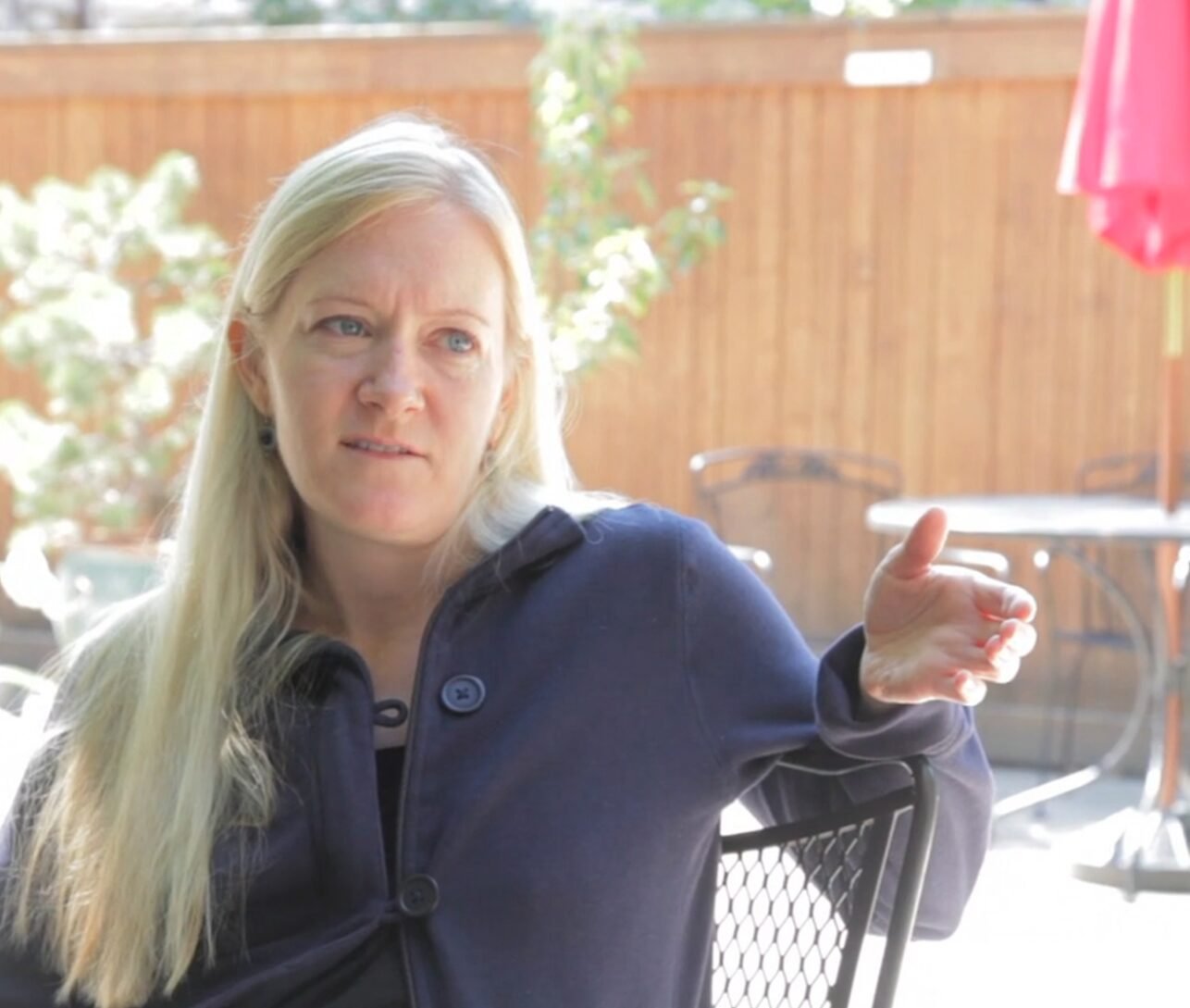Willoughby Britton, PhD - Can Meditation Be Harmful?
Brown neuroscientist Dr. Willoughby Britton talks about the potential negative side effects of meditation on The FitMind Podcast episode 33.
You can also listen to the episode on Apple Podcasts, Spotify, Google Podcasts, or any other major podcast platform. Here it is in video format, if you’d prefer:
Episode Overview
Dr. Willoughby Britton is a neuroscientist at Brown University studying the neurocognitive effects of mindfulness-based interventions for mood and anxiety disorders.
She may be the world’s leading expert on understanding the potential mental harm that meditation can cause.
In this episode, we discuss the potential dark sides of meditation practice.
In a western world where meditation has been taken out of eastern traditions and spread widely in a secular context, we need to be pragmatic and aware of the risks.
Dr. Britton's research has demonstrated that some meditators experience adverse side effects as a result of their practice.
On the podcast, she talks about the potential mental health problems and disorders that may result from meditation practice and how to cope with them, taking an informed approach to training the mind.
For example, she talks about the specific meditation techniques one should employ and also avoid if they have a history of trauma.
It's important to note that this shouldn't scare anyone away from meditation, but rather help us to understand that meditation is fundamentally reordering of the mind, a delicate instrument that determines our realities in ways that we can't take lightly.
And it goes without saying that if you're using the FitMind meditation app (which does get into some of this more deep-end meditation material) and experiencing any adverse side effects, please reach out to our team by using the ‘Ask a Question’ button in the ‘Grow’ tab.
Hope you enjoy!
P.S. — If you’re serious about starting or deepening your meditation practice, check out the FitMind meditation app.
Dr. Willoughby Britton Bio
Dr. Willoughby Britton holds a BA in Neuroscience from Colgate University and a PhD in Clinical Psychology from the University of Arizona. She is currently the Director of Brown's Clinical and Affective Neuroscience Laboratory and has received two research service awards from the National Institutes of Health (NIH).
As a clinician, Dr. Britton is a trained instructor in Mindfulness-Based Stress Reduction (MBSR) and Mindfulness-Based Cognitive Therapy (MBCT) and has taught mindfulness to both clinical and non-clinical populations, as well as in federally-funded clinical trials.
She also runs an organization called Cheetah House, a non-profit that supports meditators in distress. She offers meditation safety and trauma-informed mindfulness training to organizations, clinicians, and educators, as well as services to support meditators who are experiencing mental health difficulties related to their practice.
Dr. Britton's work is important because it challenges dogma and seeks to help a group of meditators who are experiencing some life-threatening adverse phenomena. And while she admits that there's much more research to be done, her early findings are both fascinating and essential knowledge for any meditator.
Among other studies, she is the co-author (along with Jared Lindahl and others) of two qualitative studies exploring the adverse side effects reported by meditators, “I Have This Feeling of Not Really Being Here: Buddhist Meditation and Changes in Sense of Self“ and “The Varieties of Contemplative Experience: A Mixed-Methods Study of Meditation-Related Challenges in Western Buddhists.”

